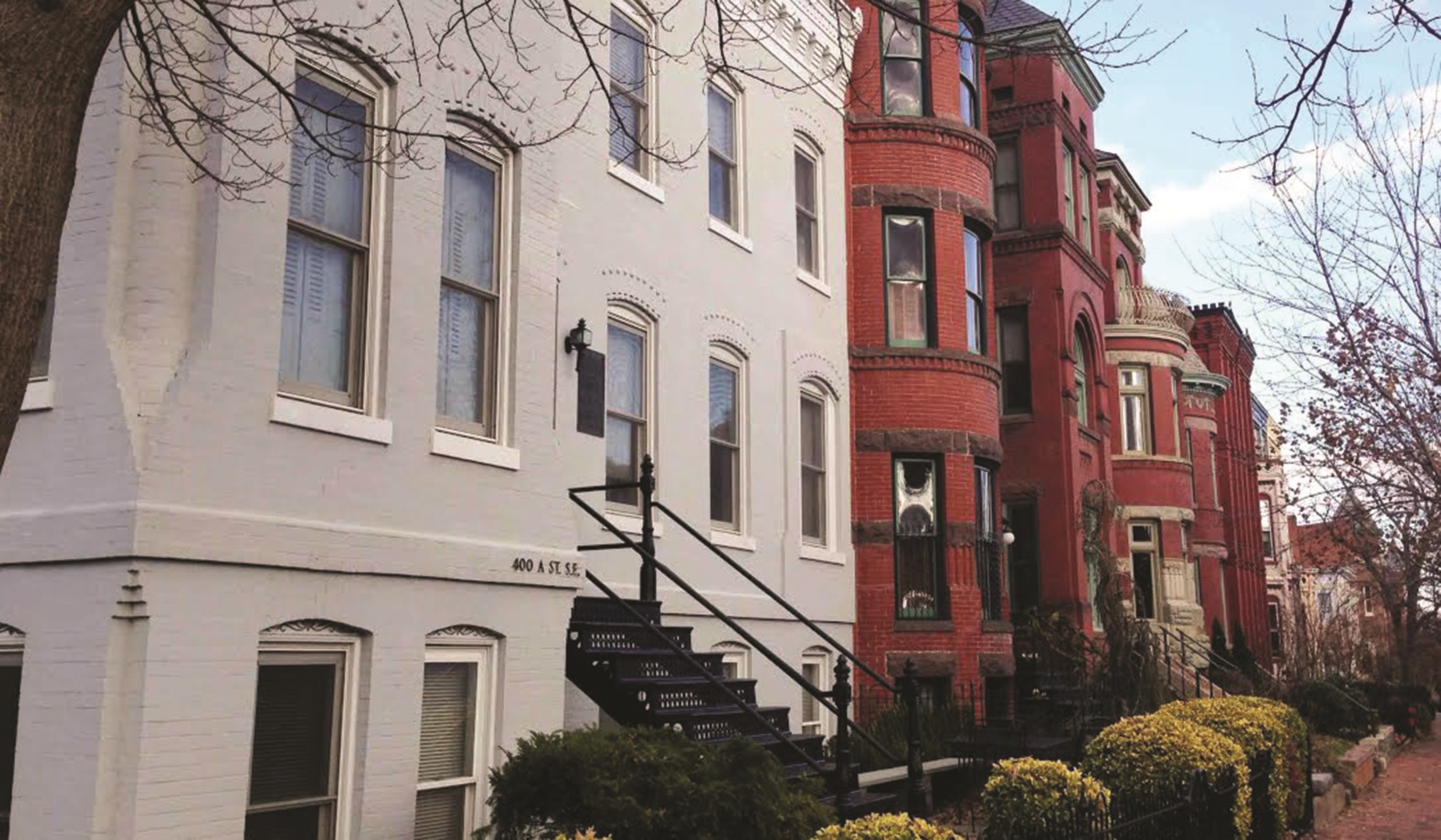 The education of historians rewards the internalization of uncertainty. The dead tell tales, but not in full. Archives teem with documents, but many collections emphasize the achievements of the powerful and institutionally connected. And as we decide what’s important in our sources, we remind ourselves of the layers of mediation between events, documents’ authors, and our own writing.
The education of historians rewards the internalization of uncertainty. The dead tell tales, but not in full. Archives teem with documents, but many collections emphasize the achievements of the powerful and institutionally connected. And as we decide what’s important in our sources, we remind ourselves of the layers of mediation between events, documents’ authors, and our own writing.
Both qualitative and quantitative research require understanding what sources can and can’t tell us. The “known unknowns,” in Donald Rumsfeld’s battlefield epistemology, figure prominently in our methodologies, as do the “unknown unknowns,” which we may sketch as possibilities for further research. The process of learning how to produce legitimate scholarship forces students to remind themselves at every turn that they can’t know everything, and this lesson will probably influence their work for years to come. Eventually, they won’t need to be reminded of the weight of the unknowns—it will become second nature as they remind themselves. Foucault would smile.
Uncertainty is part of the beauty of historical scholarship—it allows us to linger over possibilities, speculate about paths unfollowed, and greet the mysterious strangers who pop into the record only to vanish a short while later—but it can undermine historical writing by leeching its confidence. If it’s impossible to know the past, it’s also impossible to write completely truthfully and accurately about it. Beyond avoiding absolutes (“all,” “always,” “none,” “never”), the self-discipline of uncertainty can lead to a dearth of assertion. But sound assertions backed up by evidence are the bedrock of confident historical writing. I often notice professional historians with vast expertise conditioning their very theses with “perhaps,” “might,” “some,” or other qualifiers. This doesn’t make for vigorous writing or, frankly, interesting reading.
Having faith in your own expertise means writing first from what you know rather than dilating on what you don’t know, and this can be disconcerting. But spending years poring through archives, figuring out a stance on the historiographic literature, teaching in a chosen field, curating museum exhibits, and organizing conference sessions (or even entire conferences) on a subject sanction a scholar’s professional judgment. I admire writing that avoids verbal homeopathy—or watering down an informed assertion with several qualifiers, supposedly to strengthen its accuracy.
Unfortunately, confident writing is also a difficult performance, since the intended readers are very smart and far from credulous. Some scholars I know find it difficult to say anything because they anticipate critique from a skeptical audience with every turn of phrase. This is one of the nastier expressions of impostor syndrome, and it doesn’t infect only the ranks of newer historians. (Tenure doesn’t solve everything.) But common advice to “impostors”—especially “fake it till you make it”—assumes that faking it is necessary. Again, if not-knowing structures knowing, it’s difficult to perform confidently, since you’re always at pains to account for every potential critique from an audience that abides unforgivingly.
I only began thinking about expertise after I’d earned my PhD, when a student asked to interview me for a project on women leaders. I’d never considered myself a leader of anything, but I talked with her about my first career in journalism and my second as an academic, the challenges I faced coming out as a lesbian, and how I dealt with rejection. But when she asked whether I considered myself an expert, I balked for a second. With the ink barely dry on my PhD, I had misgivings about donning such a mantle. But I also realized that I know more history than most people. I keep that conversation in mind whenever I write.
Allison Miller is editor of Perspectives. She tweets @Cliopticon.

This work is licensed under a Creative Commons Attribution-NonCommercial-NoDerivatives 4.0 International License. Attribution must provide author name, article title, Perspectives on History, date of publication, and a link to this page. This license applies only to the article, not to text or images used here by permission.
The American Historical Association welcomes comments in the discussion area below, at AHA Communities, and in letters to the editor. Please read our commenting and letters policy before submitting.
Tags: From the Editor Profession
Comment
Please read our commenting and letters policy before submitting.






